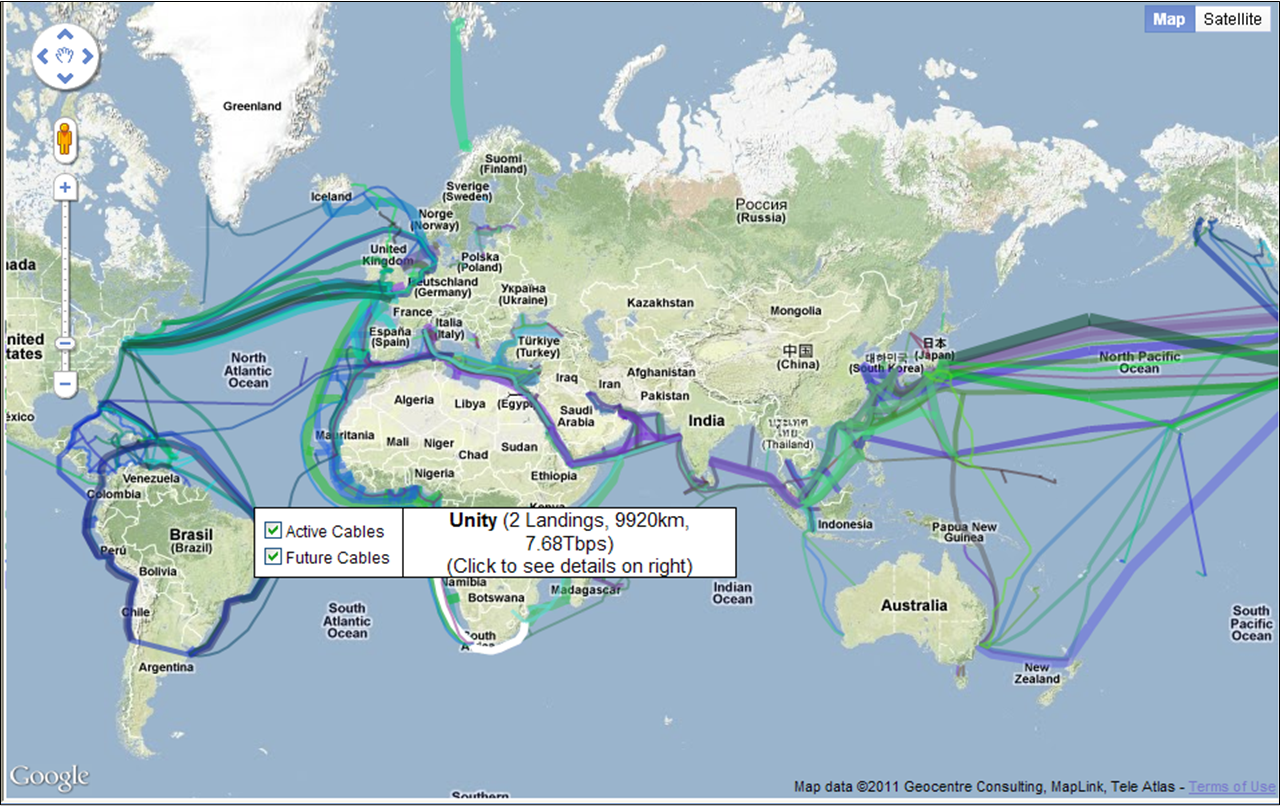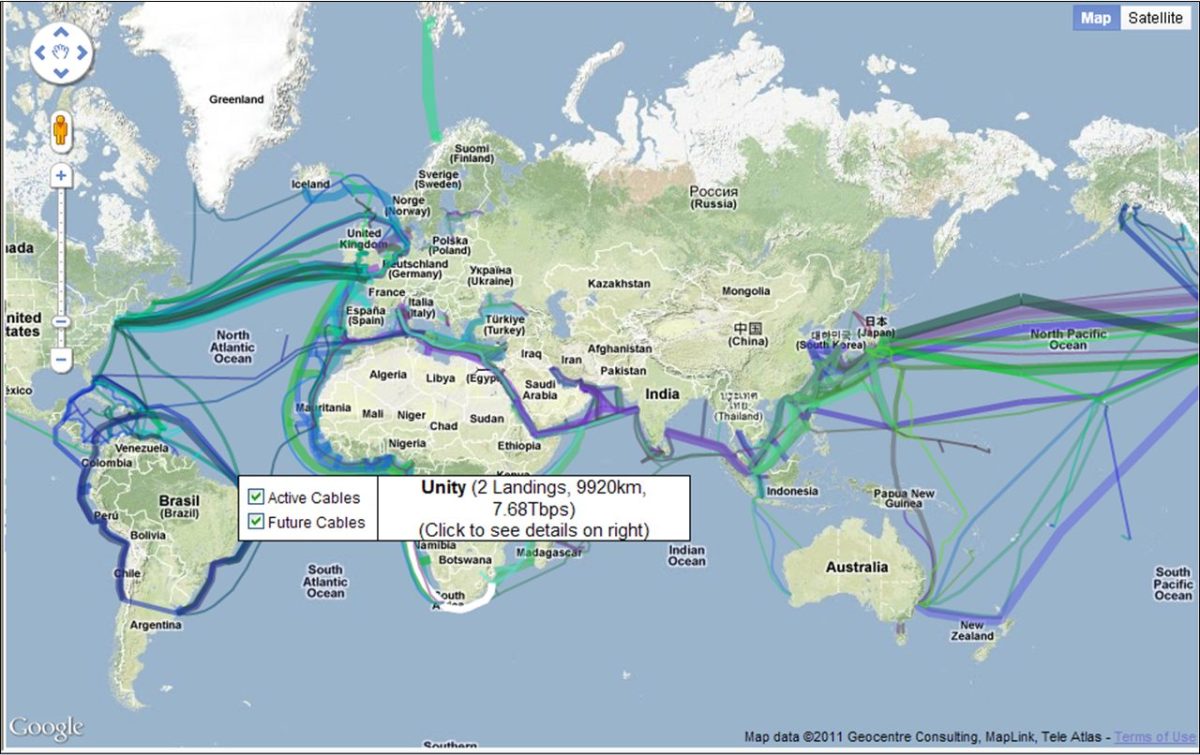
Lourdes Tejedor
Editora. Telefónica S.A.
At the 3rd ITU Green Standards Week, which took place at the Spanish multinational’s headquarters in Madrid, this issue was dealt with in detail.
The Joint Task Force (JTF), created in 2012 by the ITU, the World Meteorological Organization (WMO) and the UNESCO Intergovernmental Oceanographic Commission (IOC), is analysing this use of cables. The green cable initiative includes establishing an extensive network of mini-observatories on the seas. The idea of the JTF, which has 80 members, is to develop a pilot project with the active participation of cable operators and researchers at the existing oceanic observatories, explained Chris Barnes, professor emeritus at the University of Victoria, in Canada, and Chair of the JTF.

“Green cables” are technically feasible and the parties involved are studying how to resolve the commercial, legal and economic difficulties. The big question is who pays.
Experts such as Nigel Bayliff, CEO of Huawei Marine Networks, suggests engaging with gas and oil companies, the scientific community, philanthropists, the World Bank, development banks, etc.
As Antoine Lecroart, from Alcatel Lucent, explained, the costs would come from the pilots, construction and maintenance. So, he asks himself: “Are the owners of the cables willing to take on the costs? Could they benefit in some way, for example, a reduction in taxes?” In the opinion of Michael Costin, of the International Cable Protection Committee, they would obtain financial returns from the revenue from the use of the sensors, and also social benefits by improving their reputations.
Paul Holthus, Executive Director of the World Ocean Council, believes that these new sensors could have potential benefits for other industries such as fishing and energy (oil, gas, wind power, etc.). He therefore suggests a cross-industry programme or alliance to align the scientific needs (e.g. climate change) with the social (tsunamis and other catastrophes) and economic needs.









